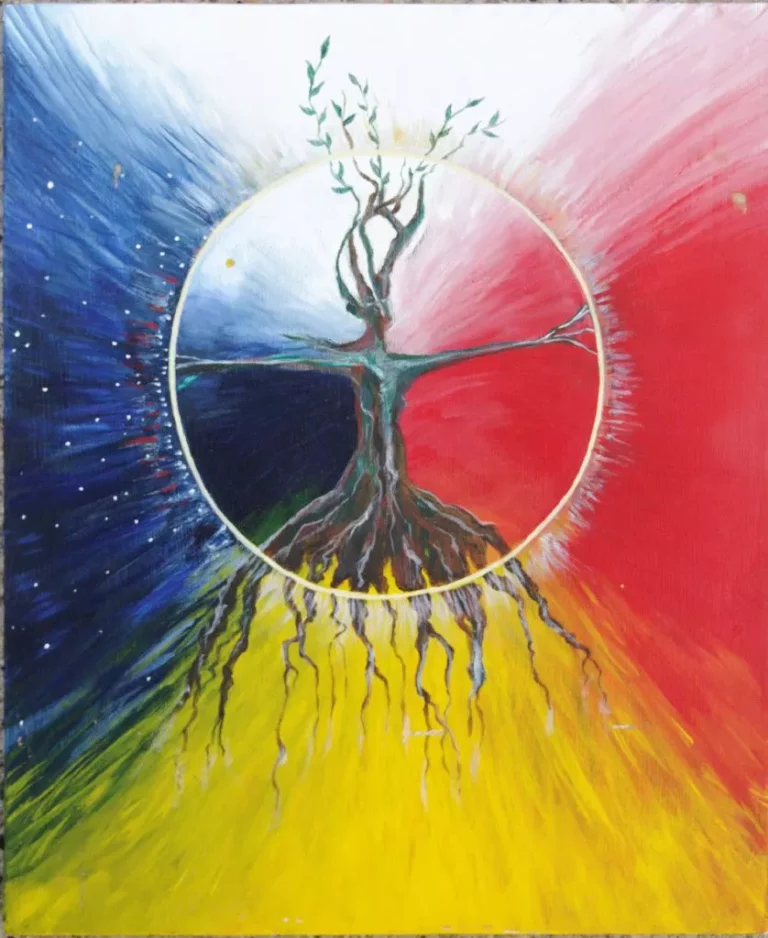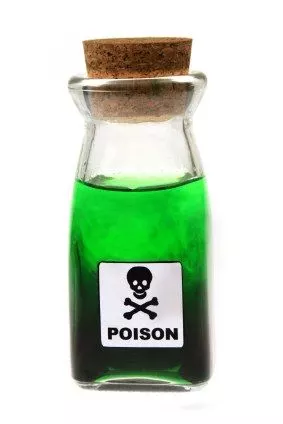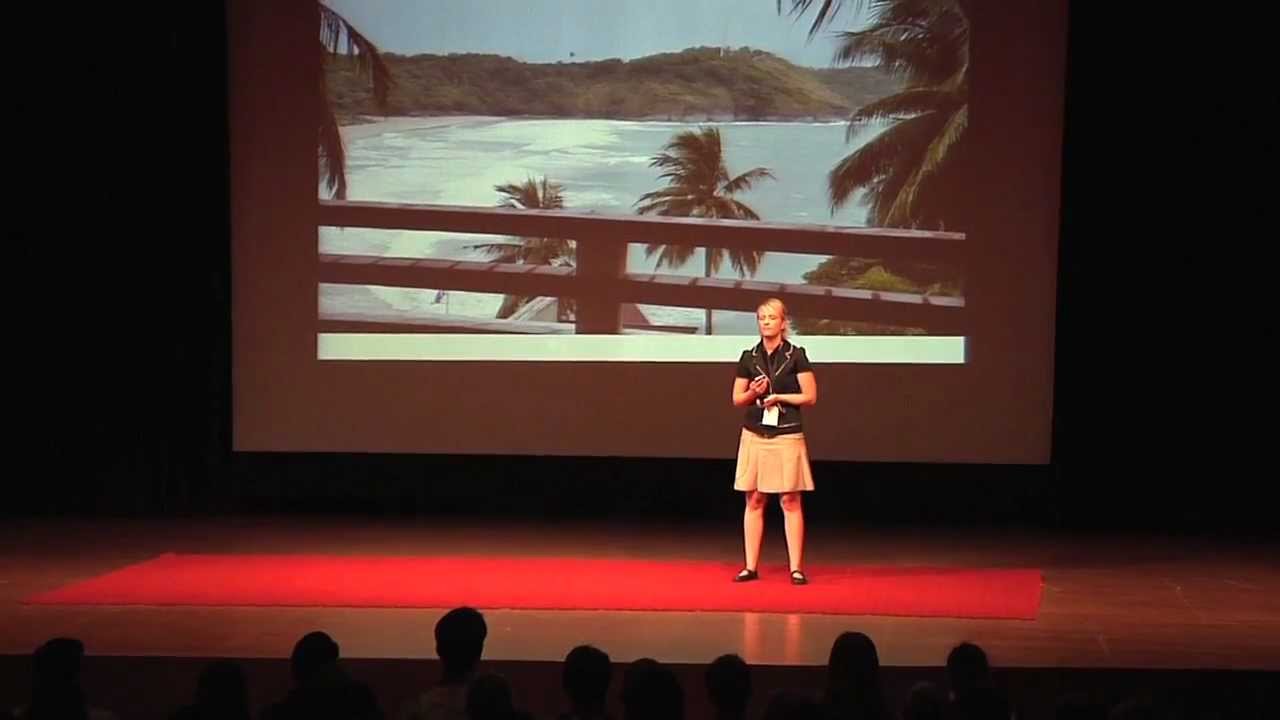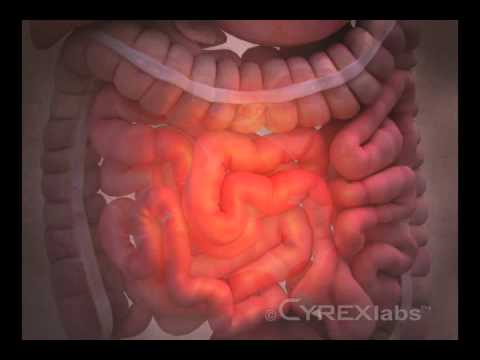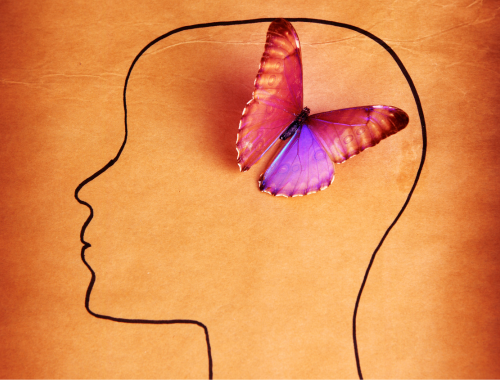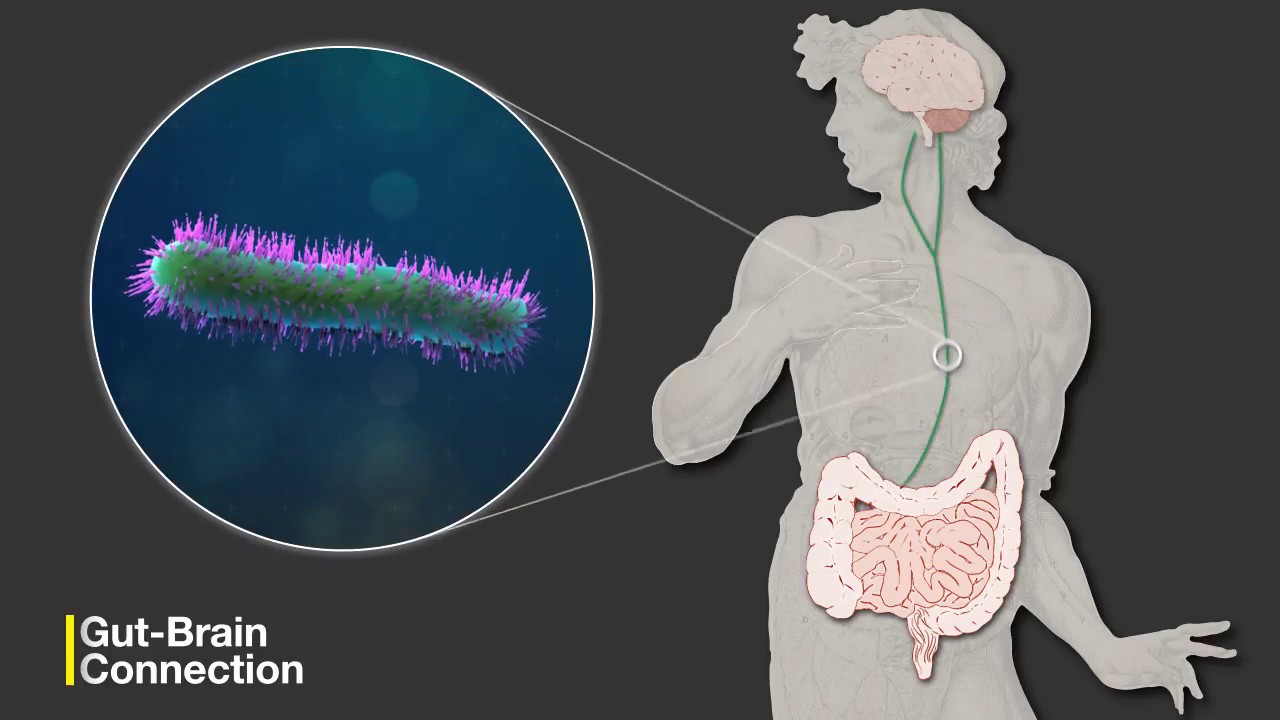“One of the unexpectedly important things that art can do for us is to teach us how to suffer more successfully.” ~ Alain de Botton
Sublimation has a double-meaning: The transformation of an impulse into something socially constructive, and the transition of a substance from the solid phase directly to the vapor state such that it does not pass through the intermediate liquid phase.
For the purpose of this article, we will be using the term in its former sense as a practical application. But we will also be using it in its latter sense as a spiritual and existential application.
As it stands, we’re at a very critical juncture in the evolution of the planet. None of us chose to be born into this time (at least not consciously). We live in an extremely unhealthy culture, surrounded by excess and greed. But sometimes we need to use things that are unhealthy in order to bring health to an otherwise unhealthy system.

Sometimes we need to take advantage of the world the way it is, and adopt even greed and excess as tools to reveal how greed and excess are unhealthy when not balanced by other forces like compassion and moderation.
Sometimes we need to be amoral in order to bring morality to an otherwise immoral situation. Morality is just as restrictive as immorality. It is amorality where truly free and creative human expression is possible.
Now enter the Amoral Agent. This archetype is a sub-archetype of the Trickster element in mythology and is personified by sacred clowns and artists: comedians, painters, satirical writers, philosophical poets, and creative activists.
They are neither pleasure-seekers nor masochists, but they are both, somehow. They live between worlds: between love and hate, pleasure and pain, hunger and satiation.
It is in the in-between where their art thrives and pulsates and blossoms into the world. It is the darkness within the cracks, the shadows, that feeds their creativity. Whether demiurges like sacred clowns or simple artists like painters and poets, their art is one of sublimation.
Through their art they transcend the “solid phase” of the Self and move directly into the “vapor phase,” providing a sacred space for healthy introspection regarding the human condition.

The disobedience of the demiurge is more important now than it ever has been. The word “Demiurge” is an English word from a Latinized form of the Greek dēmiourgos, which means literally “public worker.”
Gradually it came to mean “artisan” and eventually “creator.” But the demiurge also has a malevolent streak about it. The demiurge energy is amoral, as opposed to moral or immoral.
The demiurge is the essence of Amoral Agency, acting on a higher level of awareness. It is the excruciatingly painful awareness of the hypocrisy of the human condition. Indeed, the art of sublimation could just as easily be referred to as the art of hypocrisy.
Not hypocritical in a negative sense but in an honest sense; honesty with the fact that we are an imperfect, fallible, and prone-to-make-mistakes species.
Amoral Agents have the ability to make art out of their own hypocrisy, like using paper to bring knowledge to people (books, flyers, magazines) that using paper is obsolete (hemp is a more efficient alternative), or spending money on a campaign for transforming the current unsustainable monetary-based economy to a sustainable resource-based economy, or flying a gas-guzzling plane to Amsterdam to give an enlightened speech on the detriment of using fossil fuels.
We have to use what’s available to us as a tool for higher good, even if the tool tends to, or could otherwise lead to more harm.
We have to deal with the way things actually are, with the horse firmly in front of the cart, in the here and now, before we can get to a place where things “should be” – a healthier place. Good intention is the thing. Awareness is the key. There is an art to such hypocrisy.
But when we are aware of our hypocrisy then we allow ourselves to take full advantage of it and use it as medicine, instead of suppressing it into an unconscious state that eventually becomes poison.
The human condition is in a state of emergency. We need the Amoral Agent to right the Moral Ship that’s been flailing and floundering about on the immoral waters of the current system of human governance.
We need artisans the world over to poke holes into all the so-called sacred. We need the wisdom of the demiurge – whether inner or outer, whether self-discovered or instilled into others – to reveal itself and to begin its unique and chaotic creativity. We’re running out of time.
I beseech you: artists, sacred clowns, satirical writers, rebel poets, gangster gurus, civilly disobedient activists, sublimate your fears, transform them into courage, and come alive. We need more people who have “come alive.”
The walking dead, the sheeple, the cogs in the clockwork, may be afraid, but it’s up to us to be courageous for them, and maybe even despite them.
Like Banksy ingeniously tagged, “Art should comfort the disturbed and disturb the comfortable.”
Image source:






